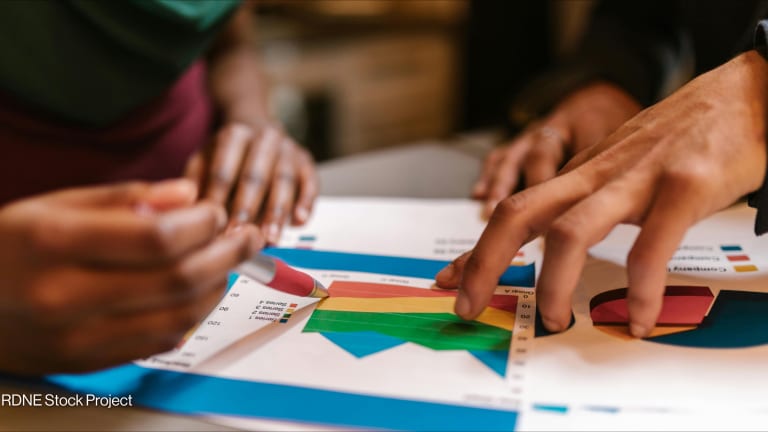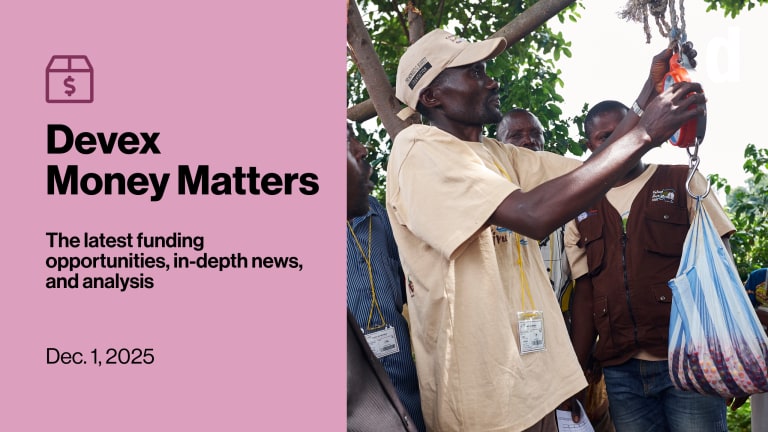Many of the world’s top philanthropic foundations stand prepared to play much bigger roles in pursuit of the Sustainable Development Goals than for the Millennium Development Goals. With their agility and risk-taking prowess, they could punch above their financial weight in the process towards 2030.
Those conclusions emerged from the 2016 Global Forum on Development held at the Paris headquarters of the Organization for Economic Cooperation and Development earlier this month. Devex explored this phenomenon in a series of exclusive interviews on the sidelines of the forum.
“Philanthropy is more active [now],” said Mario Pezzini, director of the OECD Development Center and acting director of the OECD development cooperation directorate. “Obviously the volume [of money] is not comparable [to that of donors and multilaterals]. But their method of work can help accelerate the impact.”








